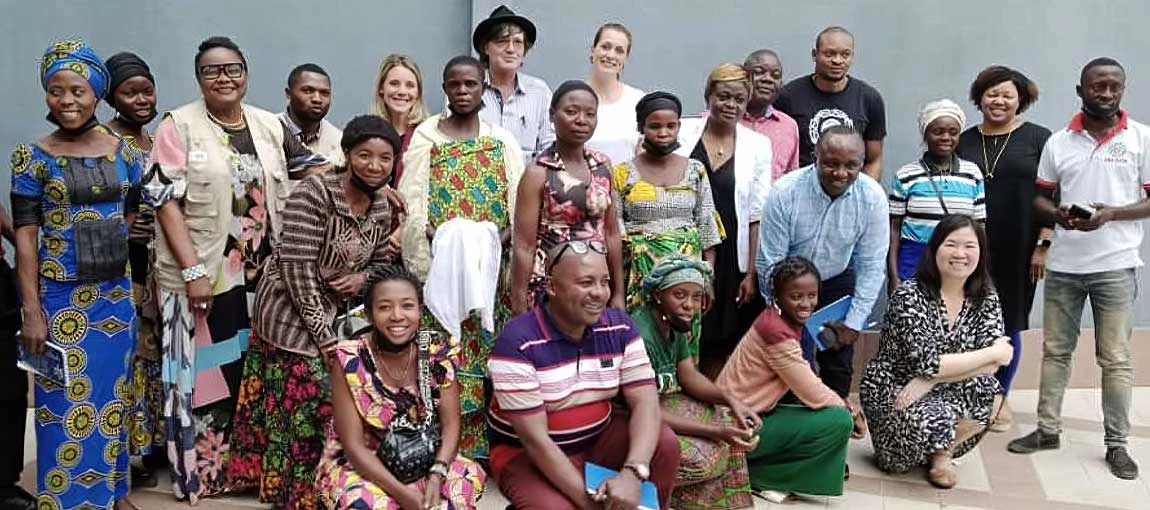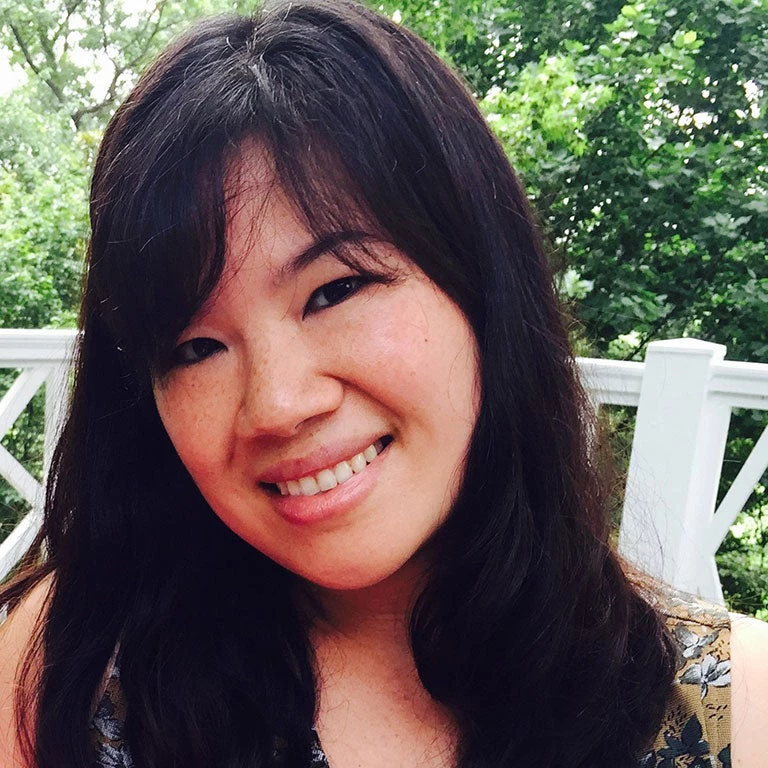 Roundtable discussions with indegenous peoples representatives, World Bank, Fonds Social, Kirotshe Umbrella NGO, and local women organizations teams. Photo: Rose Vive Lobo/Fonds Social DRC
Roundtable discussions with indegenous peoples representatives, World Bank, Fonds Social, Kirotshe Umbrella NGO, and local women organizations teams. Photo: Rose Vive Lobo/Fonds Social DRC
“Before this project, I could not read or write. I want to express my appreciation to the project. The training you gave me taught me so much, and I am now able to read, write, and do calculations. I feel many possibilities are open to me now.”
Personnes Autochtones (PA) female member of a Village Savings and Loan Association in Rwanguba.
Women in the Democratic Republic of the Congo (DRC) face multiple obstacles that prevent them from fully participating in the economy. In a country ranked 179th out of 191 countries in the Gender Inequality Index, only 63% of women participate in the labor market and just 8.8% of women work in wage employment, compared to 18.2% of men. Investing to help increase women’s access to financial services is critical to mitigate these gender gaps, foster improved livelihoods, and address Gender-Based Violence (GBV).
In this blog, we’re sharing what we learned in the DRC GBV Prevention and Response Project in which Village Savings and Loans Associations (VSLAs) helped GBV survivors and other vulnerable women reintegrate into society and fostered opportunities for these vulnerable women. The project originally supported 570 VSLAs across 38 health zones in Eastern DRC. Originally, each aire de santé (health area) had a VSLA of up to 25 members, who purchase shares in loan funds and could borrow up to three times the amount of their shares. VSLA members received literacy and business skills training, and trained facilitators led VSLA members and their male partners in a series of eight Gender Dialogue Group discussions. These discussions sought to address household gender inequities, focusing on the importance of non-violence within the home, fostering mutual respect among partners, and supporting communications between men and women. In addition, the project also provided GBV survivors with psychosocial, medical, and legal services.
Community members responded with enthusiasm and appreciation. As highlighted in our World Bank diagnostic “Women's Economic Empowerment in the Democratic Republic of the Congo: Obstacles and Opportunities,” women’s ability to save and borrow money is impacted by a mistrust of formal financial institutions and high fees for mobile banking. Many women end up carrying all their money on their person. Loans typically ranged from 10,000 Congolese francs ($3.75) to 100,000 ($37.50) and were used for income-generating activities.
Weekly meetings enhanced social networks of participants and were a vehicle for disseminating business skills and literacy training, and other useful information. In fact, many formed their own informally run VSLA groups because demand outpaced the project’s supply. Project facilitators started volunteering their time to attend these “off the grid” VSLA meetings and help them set up their own loan funds. To address high demand, the project reviewed staffing capacity and gave support for additional VSLAs - 426 fully functioning VSLAs in North Kivu and South Kivu within 5 months, by October 2022. By the project’s closure in September 2023, the project had formed 1,128 VSLA groups with more than 26,000 members in North Kivu, South Kivu, and Maniema provinces.
VSLAs also acted as a vehicle for social inclusion of indigenous peoples - Personnes Autochtones (PA). With almost nine hundred VSLA members identifying as PAs, more than 100 inter-VSLA exchanges have identified useful approaches for the project to support social inclusion and address the participation and repayment challenges that PAs sometimes face. A roundtable discussion held in May 2022 shared experiences on what has worked to help PAs repay loans and continue in VSLAs, helping increase repayment rates among the PAs. The group agreed to try a variety of approaches, from additional targeted support, additional financial literacy training, and identifying alternate ways to repay the loans.
One of the most promising alternatives was homme jour (man day), where VSLA members repaid by either working for a fellow VSLA member or a project facilitator. There was no stigma for repayment in this way, so once the loan is considered repaid, members are eligible to take another loan as though they had paid in cash.
Key lessons from the project’s economic support services generated insights that give us useful knowledge about women’s economic empowerment in the DRC. We found that we should:
- Utilize VSLAs as a vehicle to provide critical services and information to support women’s economic empowerment.
- Recognize the importance of understanding social norms and the barriers that women face and work within those parameters.
- Work with civil society and communities to identify and test out multiple solutions to barriers.
- Embed flexibility to respond to what is working well and what beneficiaries are asking for.



Join the Conversation